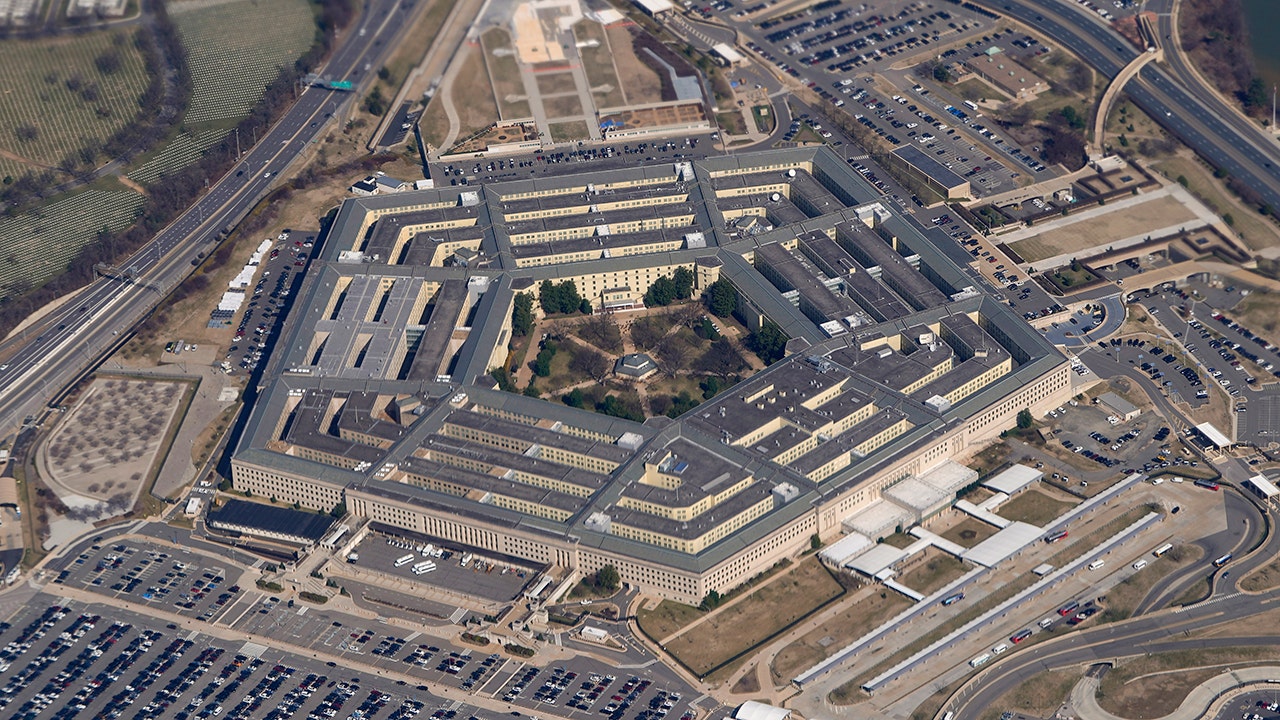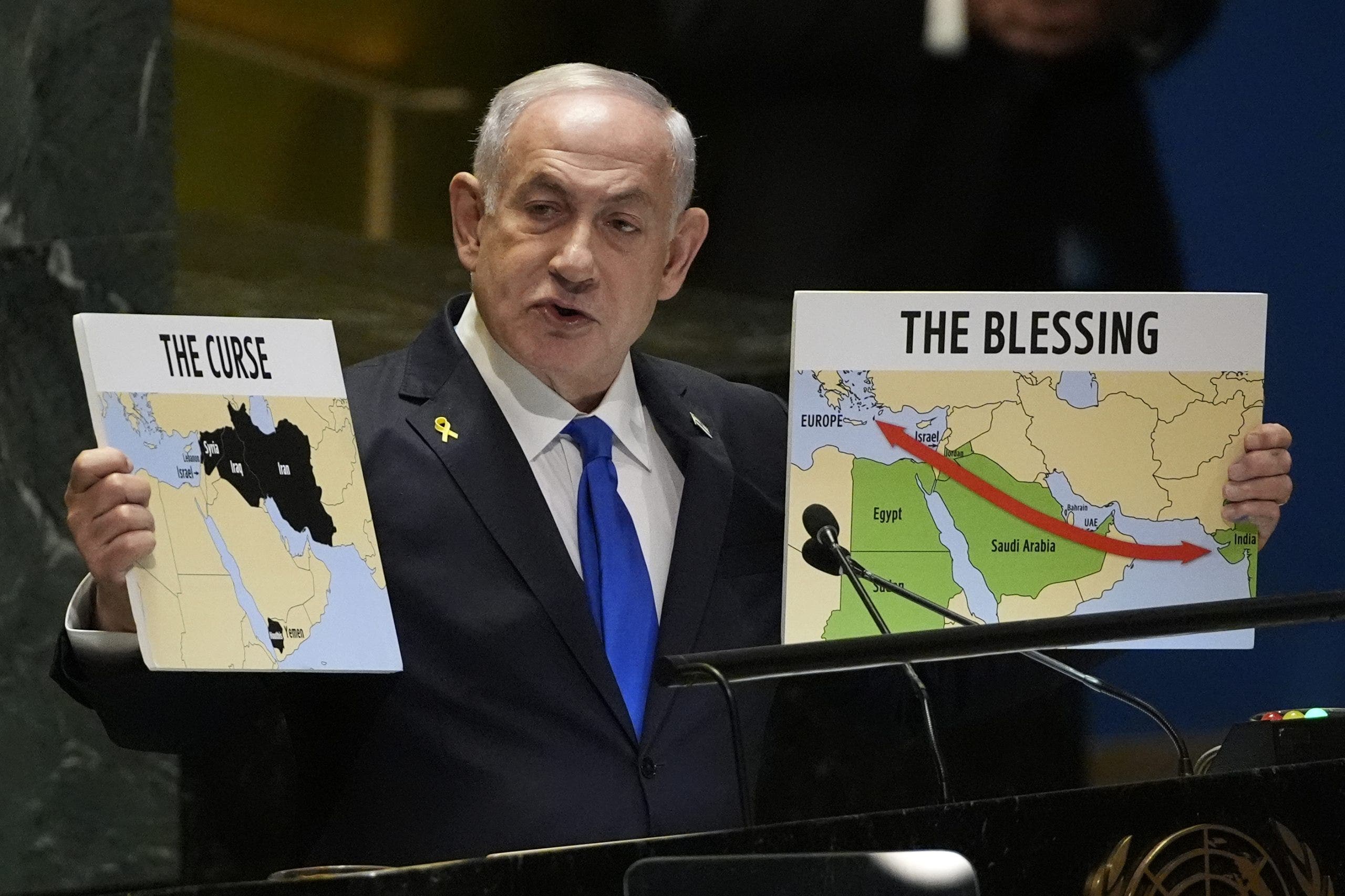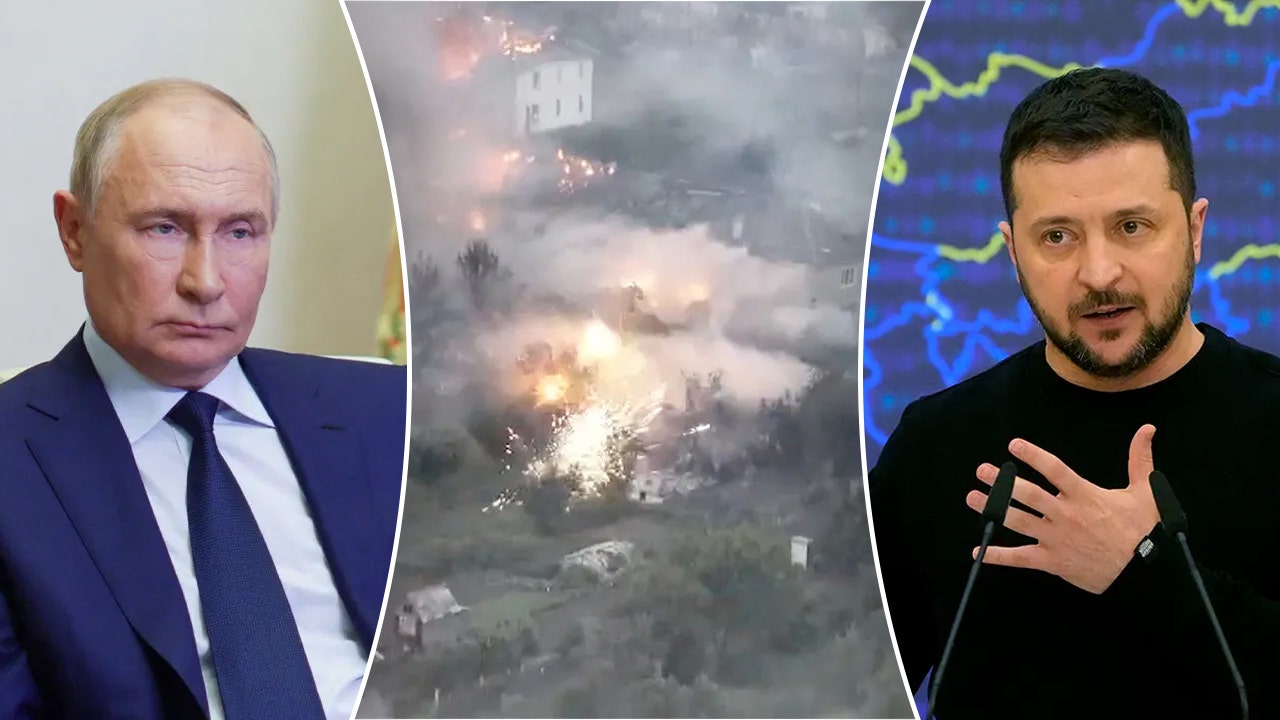Israeli forces struck southern Gaza overnight, targeting areas of Khan Younis from which rockets had been launched at Israel a day earlier, the military said on Tuesday.
The strikes came after the Israeli military ordered new evacuations of eastern Khan Younis and the southern Gaza city of Rafah. Such orders are usually an indication that the military plans a ground assault, but the military did not say on Tuesday whether it would send troops into Khan Younis, an area its forces invaded earlier in the war but had vacated.
An evacuation announcement posted late Monday on social media by the Israeli military’s spokesman for Arab media, Avichay Adraee, said that people in the designated areas “must evacuate immediately” for their safety. That area includes the European Gaza Hospital, leading scores of patients and medical staff there to flee.
Doctors at the hospital, near Khan Younis, said overnight on Monday that they had also received orders to evacuate. The Israeli military said in a statement on Tuesday morning that it had “no intention to evacuate the European Hospital.”
Source: Israeli military announcements
By Leanne Abraham
Large swaths of Khan Younis were leveled during an extended assault at the beginning of the year, after which Israeli forces withdrew, claiming to have destroyed the Hamas battalions there. But Israeli commanders have repeatedly sent troops back into areas they had supposedly secured to put down resurgent pockets of Hamas fighters.
The evacuation order was announced after the Israeli military reported that at least 20 rockets were fired from southern Gaza toward Israel and said it had fired artillery in response, striking the sources of the launches.
Most of Gaza’s population of some 2.2 million has been displaced over the course of the war; many people have been forced to flee repeatedly under evacuation orders or to escape fighting.
The United Nations condemned Monday’s evacuation order. “It shows yet again that no place is safe in Gaza,” Stéphane Dujarric, the spokesman for the U.N. secretary general, told reporters in New York, adding that the announcement underscored the need for a cease-fire. “It is another stop in this deadly circular movement that the population of Gaza has to undergo on a regular basis,” he added.

Dr. Mohammed Harara, an emergency doctor at the European Gaza Hospital, shared videos with The New York Times on Monday that showed wounded patients at the hospital being transferred to stretchers and others being wheeled out, with rooms in disarray from the hurried evacuations. He estimated that there had been about 600 patients at the hospital and said he was still there, working on the evacuations.
In a message sent in the early hours of Tuesday, Dr. Harara said he could hear bombing very close by and that injured patients were arriving at the hospital, despite the evacuation order.
A doctor at Nasser Hospital, about six miles away, reported “mass chaos” and fistfights at its emergency room as ambulances arrived with patients from European Gaza Hospital, who had to vie for care with incoming patients from the area.
The doctor, Hina Cheema, a Pakistani American on a humanitarian mission at Nasser, said that the evacuations were complicated because roads in the area had been mostly destroyed and were now crowded with people fleeing, and that unstable patients risked death during transport. The drive from European Gaza Hospital to Nasser takes about 30 minutes in the current conditions, both she and Dr. Harara said.
There were about 300 to 400 beds at European Gaza Hospital, said Shéhérazade Kaoues, a spokeswoman for FAJR Scientific, a U.S.-based nonprofit group that has been organizing humanitarian medical missions to Gaza. But many more patients and displaced people were sheltering there before the evacuation order came, she said.
Ms. Kaoues said her organization had three foreign medical volunteers at European Gaza, but that all had been evacuated to a safe house.
In May, a group of about 16 international health care workers were stranded at European Gaza Hospital for roughly two weeks after Israel seized the Rafah border crossing near Egypt. At the time, there were no evacuation orders for the hospital, said Adam Hamawy, an American doctor at the hospital at the time. He wrote to President Biden about the dire peril in Gaza, saying that no one was safe, including civilians and humanitarian workers.
One of the medical workers who had been stranded at European Gaza in May, Dr. Mohammed Tahir, is an orthopedic and peripheral nerve surgeon from Britain who is now on his second medical mission with Fajr Scientific at the European Gaza Hospital. On Monday, he said he had evacuated to a safe house. In a video message posted on social media and shared with The Times, he said, “My feelings are that of disbelief, heartbreak, sadness. I literally left my patients back in the E.G.H. I don’t know who is going to look after them.”
He described working on patients with complicated injuries before his evacuation, including bone infections, and said he was uncertain of their fates. “These people will become sick very quickly and possibly even die within a matter of days,” he said.
Neil MacFarquhar contributed reporting.






